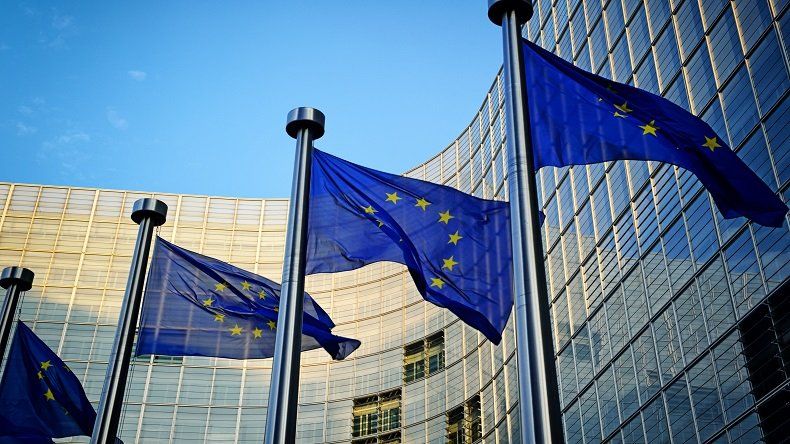
EU opens probe into tax exemptions for Italian ports
- By Antonella Teodoro
- •
- 07 Jan, 2020
Ports have both public and private roles, but public ownership in Italy has come up against European state aid rules
Tax exemptions for commercial elements of port operations may not be acceptable under competition laws

ITALIAN TAX LAWS MAY BE BREACHING EUROPEAN STATE AID RULES
ITALIAN ports could see the end of tax exemption in 2020 following the launch of an investigation by the European Union.
The European Commission will assess whether tax exemptions granted under the Italian law to its ports are aligned to the state aid rules. The move follows a decision by Spain to amend its corporate income tax legislation aligning it to the EU state aid rules from January 2020.
“Ports are key infrastructure for economic growth and regional development,” said commission head of competition policy Margrethe Vestager. “Our competition rules reflect that and allow member states to invest in ports, creating jobs and preserving competition. At the same time, if port operators generate profits from economic activities these should be taxed in the same way of other companies under the normal national tax laws to avoid distortions of competition.”
The controversy is not new, with the question revolving around the nature of the Italian port authorities, which unlike the other EU ports, are public bodies. For this reason, Assoporti — the association that brings together the players in the sector in Italy — indicates the legitimacy of the Italian ports not paying corporate income tax, which applies to private entities.
It indicates that if the ports were forced to pay tax, their costs would rise significantly.
In response, the commission has indicated that the port authorities operate both non-economic activities, such as maritime traffic control, as well as economic activities, for example, paid access to the port. The former operations fall outside the scope of EU state aid control, but for the latter ones the EU state rules apply.
The current income tax legislation in Italy allows port authorities to be fully exempt from corporate income tax and this may not be compatible with EU rules.
Should the commission’s concerns regarding the compatibility of the tax exemptions for Italian ports with EU state aid rules be confirmed, the Italian corporate tax exemption would be considered ‘existing aid’ (as in the case of Spain), as it was introduced before Italy joined the EU and the commission could not ask Italy to return the aid granted.
The investigation process gives an opportunity for the interested parties to express their views on the state aid assessment of the tax exemptions. For example, their view on the effect on competition and trade.
The commission said that in the event that the tax advantage was removed, Italian ports could still receive state support.
EU member states can support their ports in line with state aid rules, to achieve, for instance, EU transport objectives and/or to support infrastructure investments that could not have been viable without public assistance.
In May 2017, the commission simplified the rules for public investment in ports, allowing member states to invest up to €150m ($167.8m) in sea ports and up to €50m in inland ports with full legal certainty and without prior verification by the commission.
This regulation gives consent to public authorities to cover the costs of dredging in ports and access waterways, for example. In addition, the EU enables member states to reimburse ports authorities for the expense occurred in meeting public service tasks and activating services of general economic interest.
First published on Lloyd's List website January 2020
